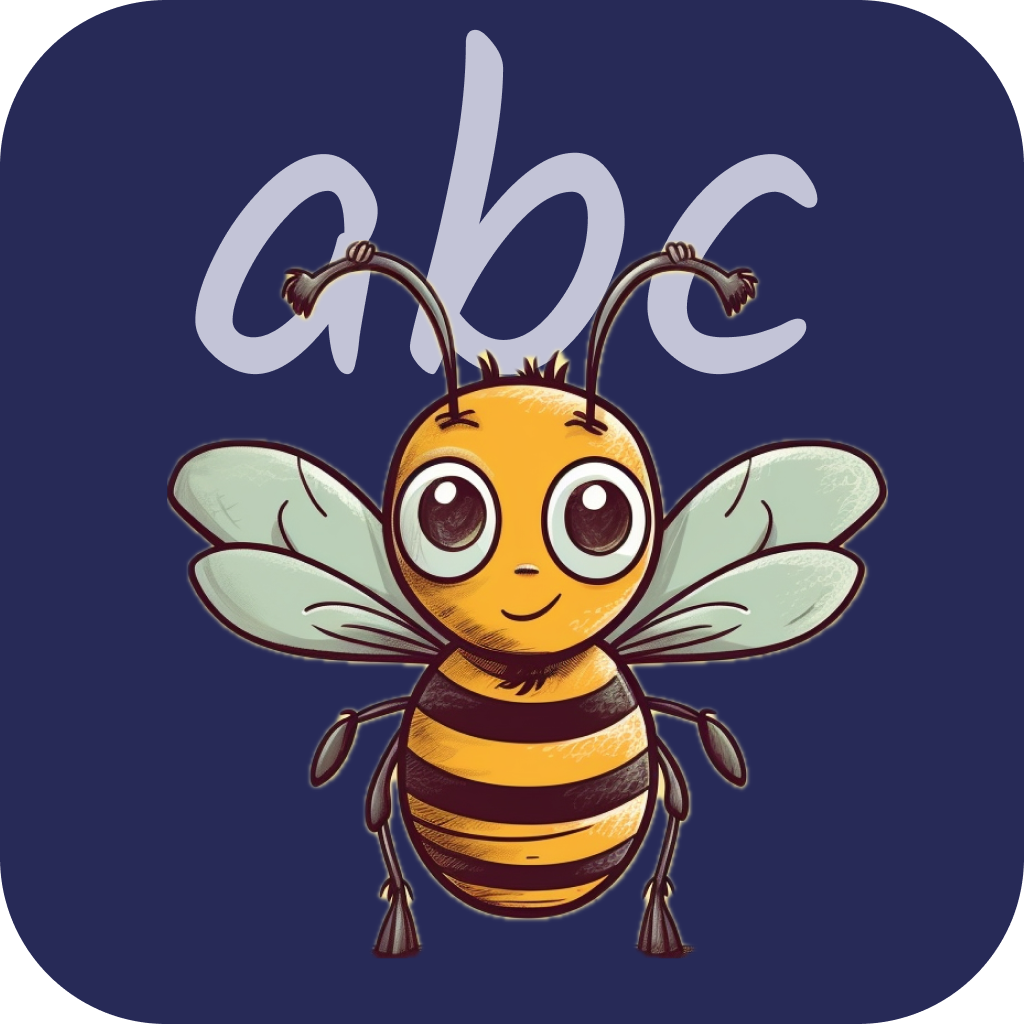Here’s an overview of the Dolch Pre-Primer Words, Dolch Primer Words, and Fry First 100 Words, which are foundational word lists commonly used in literacy education.
1. Dolch Pre-Primer Words
- What It Is: The Pre-Primer list is the first level in the Dolch Sight Words collection. These words are designed for early learners, such as preschoolers or kindergarteners, who are just beginning to read.
- Purpose: Helps children recognize common, simple words by sight to develop basic reading skills.
- Examples: a, and, blue, can, come, go, I, it, jump, play, see, the, to, up, we, you.
2. Dolch Primer Words
- What It Is: The Primer list is the second level in the Dolch Sight Words collection. These words build on the Pre-Primer words and are suitable for children in kindergarten or early Year 1 (Grade 1).
- Purpose: Introduces slightly more complex words that are frequently used in beginner reading materials.
- Examples: all, am, are, at, black, but, do, eat, four, get, he, like, new, on, ran, there, what, with, yes.
3. Fry First 100 Words
- What It Is: Part of the Fry Word List, the First 100 Words represent the most common words found in the English language. Developed by Dr. Edward Fry, this list is often used alongside or in place of Dolch lists.
- Purpose: Focuses on the words that appear most frequently in everyday reading and writing. Mastery of these words significantly improves reading fluency.
- Examples: the, of, and, a, to, in, is, you, that, it, he, was, for, on, as, his, they, I, be, this.
Key Differences
Dolch Pre-Primer – Age/Grade Preschool/Kindergarten
Focus – Simplest words , Total Words in List – 40 words
Dolch Primer – Age/Grade – Kindergarten/Year 1
Focus – Slightly complex words, Total Words in List – 52 words
Fry First 100 Words – Age/Grade – Kindergarten/Year 1+
Focus – Most frequently used words in English, Total Words in List – 100 words
Why They’re Important
- Reading Fluency: These words appear so frequently that recognizing them without sounding out helps children read more smoothly.
- Sight Word Recognition: Many of these words are irregular and can’t easily be decoded phonetically (e.g., “the,” “was”).
- Foundation for Literacy: Early mastery of these words boosts confidence and encourages more advanced reading.
Word Lists
| Dolch Pre-Primer Words |
| a |
| and |
| away |
| big |
| blue |
| can |
| come |
| down |
| find |
| for |
| funny |
| go |
| help |
| here |
| I |
| in |
| is |
| it |
| jump |
| little |
| look |
| make |
| me |
| my |
| not |
| one |
| play |
| red |
| run |
| said |
| see |
| the |
| three |
| to |
| two |
| up |
| we |
| where |
| yellow |
| you |
| Dolch Primer Words |
| all |
| am |
| are |
| at |
| ate |
| be |
| black |
| brown |
| but |
| came |
| did |
| do |
| eat |
| four |
| get |
| good |
| have |
| he |
| into |
| like |
| must |
| new |
| no |
| now |
| on |
| our |
| out |
| please |
| pretty |
| ran |
| ride |
| saw |
| say |
| she |
| so |
| soon |
| that |
| there |
| they |
| this |
| too |
| under |
| want |
| was |
| well |
| went |
| what |
| white |
| who |
| will |
| with |
| yes |
| Fry First 100 Words |
| the |
| of |
| and |
| a |
| to |
| in |
| is |
| you |
| that |
| it |
| he |
| was |
| for |
| on |
| are |
| as |
| with |
| his |
| they |
| I |
| at |
| be |
| this |
| have |
| from |
| or |
| one |
| had |
| by |
| word |
| but |
| not |
| what |
| all |
| were |
| we |
| when |
| your |
| can |
| said |
| there |
| use |
| an |
| each |
| which |
| she |
| do |
| how |
| their |
| if |
| will |
| up |
| other |
| about |
| out |
| many |
| then |
| them |
| these |
| so |
| some |
| her |
| would |
| make |
| like |
| him |
| into |
| time |
| has |
| look |
| two |
| more |
| write |
| go |
| see |
| number |
| no |
| way |
| could |
| people |
| my |
| than |
| first |
| water |
| been |
| call |
| who |
| oil |
| now |
| find |
| long |
| down |
| day |
| did |
| get |
| come |
| made |
| may |
| part |


Leave a Reply